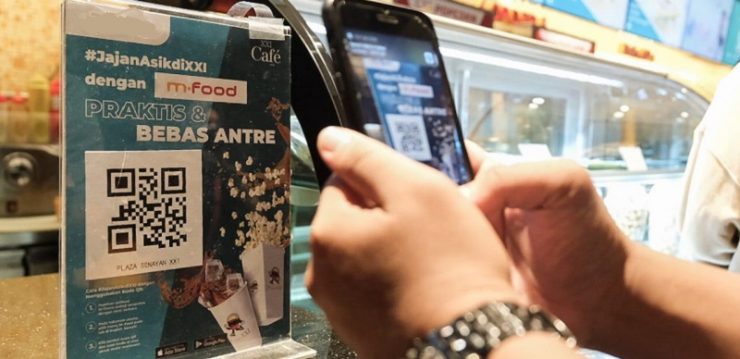THERE IS a need for synergy from stakeholders to be able to encourage national economic development and accelerate the development of the digital economy.
According to the Coordinating Minister for Economic Affairs, Airlangga Hartarto, in a virtual event on Monday (7/26) said that synergy is needed between the government, digital economy players, both private and academic, in order to encourage national economic development and accelerate the development of the digital economy in Indonesia.
“Synergy with companies engaged in the digital sector needs to be done in an effort to develop the digital economy in the country. The synergies carried out include encouraging increased access to digital technology, developing digital literacy skills and increasing the availability of digital talent, facilitating the improvement of the quality of digital services, and expanding opportunities for informal workers to increase their income,” he said.
Airlangga added that the government always provides support for programs related to digital transformation, especially during the COVID-19 pandemic, where people are more active at home using digital technology, including for entrepreneurship.
“This is in line with the direction from the President that this pandemic situation should be used as a momentum to accelerate digital transformation,” Minister Airlangga remarked.
He explained that currently the number of micro, small and medium enterprises (MSMEs) has reached 64.2 million and contributed to the gross domestic product (GDP) of 61%. However, only 21% of MSMEs have entered the digital realm. In fact, the potential of the digital economy in Indonesia is still wide open with the fourth largest population in the world and supported by mobile phone users of 124% of the total population.
“This potential needs to be utilized optimally by business actors, in this case MSMEs so that our digital economy sector continues to develop so that in 2025 Indonesia can realize the value of digital economic transactions of US$124 billion or IDR1,700 trillion, even higher,” Airlangga noted.
Furthermore, Airlangga said the government had issued various policies in order to help MSMEs in the midst of the COVID-19 pandemic.
In 2020, he said, the government issued fiscal incentive assistance from the National Economic Recovery (PEN) program amounting to IDR112.6 trillion. In 2021, the government will continue this incentive by disbursing a budget of IDR105.02 trillion. There is also presidential assistance for three million micro business actors with a nominal value of IDR1.2 million per micro business players.
“Similarly, government assistance that encourages street vendors and warteg is also encouraged with a scheme similar to BPUM (Banpres for Productive Micro Enterprises) which is IDR1.2 million and is given to one million MSMEs or street sellers or warung affected in the PPKM area (restrictions on activities). community) Level-4,” said Airlangga.
Airlangga also said that the government continues to pursue the productivity potential of MSMEs through several steps, such as increasing the capacity and capability of MSMEs, digitization by encouraging the Gernas BBI (National Movement for Proudly Made in Indonesia) and MSME digital catalogs, as well as promoting and marketing by encouraging onboarding to the platform digital, followed by the expansion of MSME exports to the Southeast Asian market.
On that occasion, Airlangga also appreciated the strategic collaboration that was established by Grab Indonesia with PT Elang Mahkota Teknologi (Emtek Group) in order to empower MSME players in the digital realm.
“We hope that the collaboration between Grab and the Emtek Group can have a positive impact on national economic recovery and encourage equitable distribution of the digital economy in the country,” Airlangga added.
Hopefully, he continued that the synergy and collaboration between Grab and Emtekcan make Indonesia a digital economy country of at least the top five in the world by embracing MSMEs inclusively, including providing technology that is friendly to all groups, including persons with disabilities, women, and MSMEs in the region’s frontier, remote, and left behind. [antaranews/photo special]
















